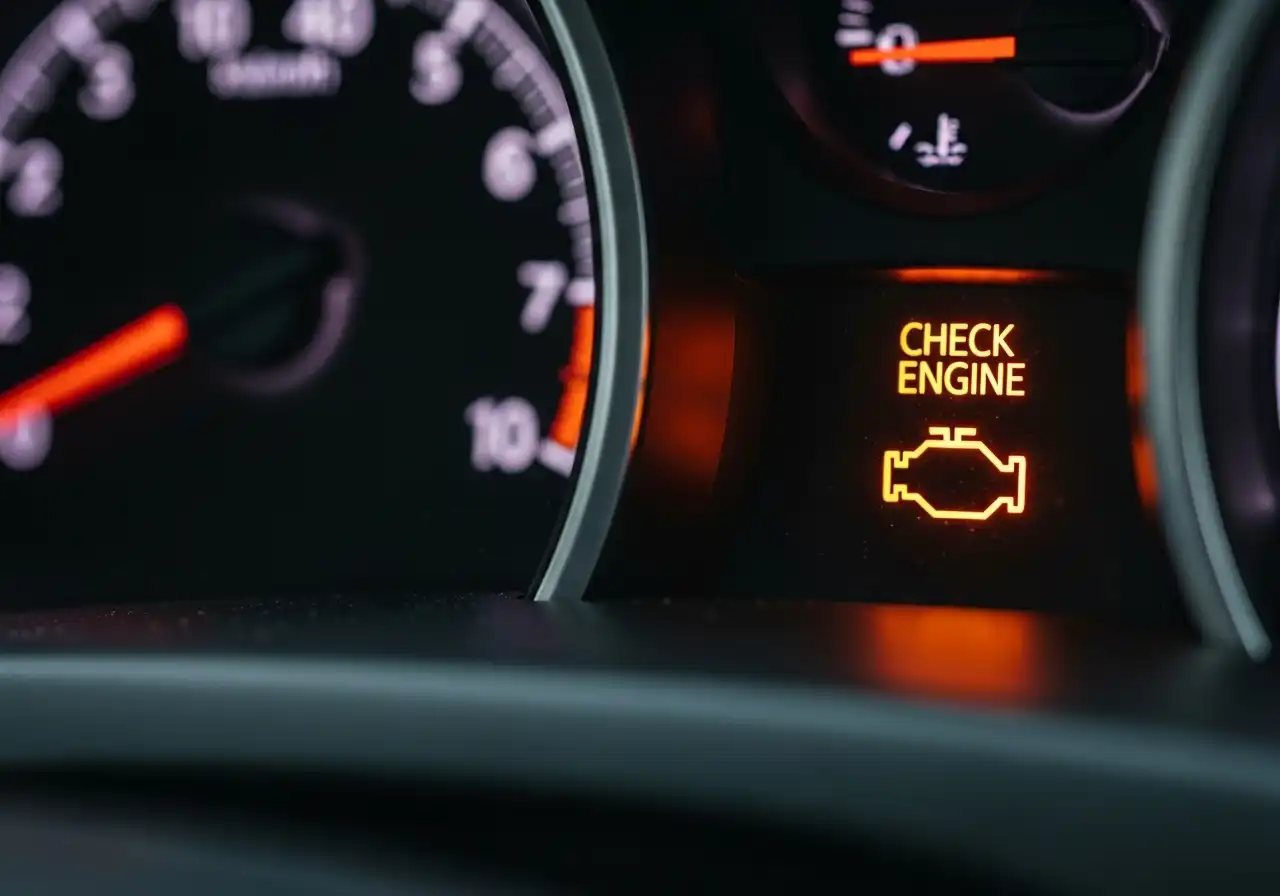When you purchase a new or used vehicle, you’re likely covered by some form of warranty. However, what happens if your car starts showing signs of defects or malfunctions? While both Lemon Law and regular warranty claims address vehicle issues, they differ in key ways. Knowing the distinction can help you determine which legal route is right for your situation.
In this blog, we’ll explore the difference between Lemon Law and regular warranty claims, so you can better understand your options and rights when dealing with a defective vehicle.
What Is Lemon Law?
Lemon Law is a set of consumer protection laws designed to help people who buy or lease vehicles that have significant defects, often referred to as “lemons.” A vehicle is considered a lemon when it has a substantial defect that impairs its use, safety, or value, and the manufacturer or dealer fails to repair the issue after multiple attempts.
Lemon Law applies to both new and used vehicles, but the criteria may differ depending on the state and the type of vehicle. Typically, Lemon Law covers defects that occur within a specific period after purchase, such as the first 12 to 24 months or 18,000 to 24,000 miles.
Key Features of Lemon Law:
- The defect must be substantial, affecting safety, usability, or the vehicle’s value.
- The defect must be unfixable after a reasonable number of repair attempts (usually 3 to 4).
- Lemon Law provides remedies such as a replacement vehicle or a refund of the purchase price.
- The claim process is more formal and involves specific state laws and regulations.
What Are Regular Warranty Claims?
A regular warranty claim refers to a claim made under the manufacturer’s standard warranty, which guarantees that the vehicle will be free from defects for a certain period. Regular warranties often cover repairs for mechanical issues or defects, but the coverage may vary depending on the manufacturer and the specific warranty terms.
Unlike Lemon Law, regular warranty claims are typically not tied to the severity of the defect but rather to the manufacturer’s promise to repair or replace defective parts within the warranty period. A regular warranty claim can be made even if the defect is not severe or does not significantly affect the vehicle’s safety or value.
Key Features of Regular Warranty Claims:
- Warranties generally cover repairs for defects and mechanical failures.
- Warranty claims are not limited to substantial defects but apply to any failure of parts or systems covered under the warranty.
- The repair process can involve multiple attempts but doesn’t have to meet the same threshold as Lemon Law.
- Warranties may expire after a specific period (e.g., 3 years or 36,000 miles).
Key Differences Between Lemon Law and Regular Warranty Claims
While both Lemon Law and regular warranty claims deal with vehicle defects, they differ significantly in terms of coverage, requirements, and remedies. Here are the key differences:
1. Severity of the Defect
- Lemon Law: The defect must be substantial enough to affect the vehicle’s use, safety, or value. Minor cosmetic defects or small issues may not qualify for Lemon Law protection.
- Regular Warranty: A warranty claim can be made for a broader range of issues, from minor defects to major mechanical failures. The defect does not have to significantly impair the vehicle’s function or safety.
2. Number of Repair Attempts
- Lemon Law: Lemon Law requires that the manufacturer or dealer has been given multiple opportunities to fix the defect, usually three or more attempts. If the issue remains unresolved, the vehicle may qualify as a lemon.
- Regular Warranty: Warranty claims do not have a specific number of repair attempts. If a part fails and is covered under the warranty, the manufacturer is required to repair or replace it. However, repeated repairs for the same issue may not be necessary under regular warranty terms.
3. Remedy Offered
- Lemon Law: If a vehicle qualifies as a lemon, the consumer is typically entitled to a replacement vehicle or a refund of the purchase price, including taxes, fees, and related costs.
- Regular Warranty: Under a warranty claim, the manufacturer will typically repair or replace defective parts or systems. The remedy is often limited to repair, rather than a replacement vehicle or full refund.
4. Coverage Period
- Lemon Law: Lemon Law protection typically applies within a short time frame after purchasing the vehicle—usually within the first 12 to 24 months or 18,000 to 24,000 miles.
- Regular Warranty: Warranty coverage varies by manufacturer but is typically longer. Many new car warranties last for 3 years or 36,000 miles, with some manufacturers offering extended warranties that provide longer coverage periods.
5. Process and Legal Requirements
- Lemon Law: The Lemon Law process involves filing a claim under state law, and you may need to provide evidence that the vehicle meets the criteria for being a lemon (i.e., multiple repair attempts for a serious defect). Legal action may be necessary if the manufacturer refuses to comply with the Lemon Law.
- Regular Warranty: Regular warranty claims usually do not require a formal legal process. If the car is covered under warranty, you simply need to contact the manufacturer or dealer for repairs. If the vehicle is not repaired, it may be more difficult to pursue additional remedies outside of the warranty.
6. State-Specific Laws
- Lemon Law: Lemon Laws are specific to each state, and the eligibility requirements may vary. It’s important to check the Lemon Law in your state to determine the specific criteria and remedies.
- Regular Warranty: Manufacturer warranties are generally consistent across the country but may vary slightly depending on the brand and the type of warranty offered.
Which Option Is Right for You?
If your vehicle has a substantial defect that affects its safety or functionality, and the issue persists despite multiple repair attempts, you may be eligible for Lemon Law protection. This law provides a more robust remedy, offering either a replacement vehicle or a refund.
However, if your car has less severe issues covered by the manufacturer’s warranty, a regular warranty claim might be your first step. Warranties are designed to cover the cost of repairs, and they offer a simpler process for fixing mechanical defects that don’t significantly impair the vehicle’s use.
If you’re unsure whether your vehicle qualifies for Lemon Law protection or if you need help navigating a regular warranty claim, it’s always a good idea to consult with a Lemon Law attorney. An experienced lawyer can assess your situation and advise you on the best course of action to take based on the specifics of your case.
Conclusion
Lemon Law and regular warranty claims both offer valuable protections for consumers with defective vehicles, but they differ in terms of eligibility, remedies, and the process involved. If your car has serious defects that can’t be repaired, Lemon Law may provide a more favorable solution. For less severe issues, a regular warranty claim might be all you need to get your vehicle back in working order.
By understanding the key differences between these two options, you can make an informed decision about how to handle your vehicle’s issues and protect your rights as a consumer. If you’re dealing with persistent vehicle problems, reach out to a professional to help guide you through the process and ensure you get the best possible outcome.



